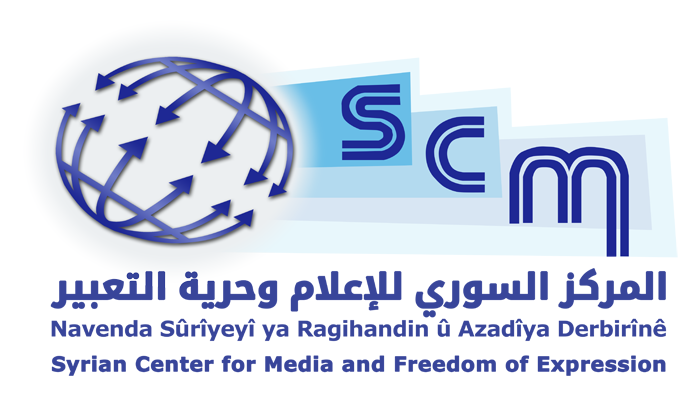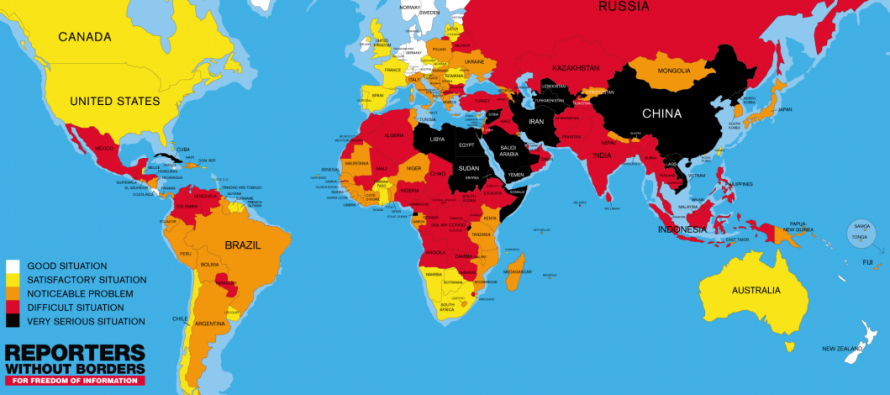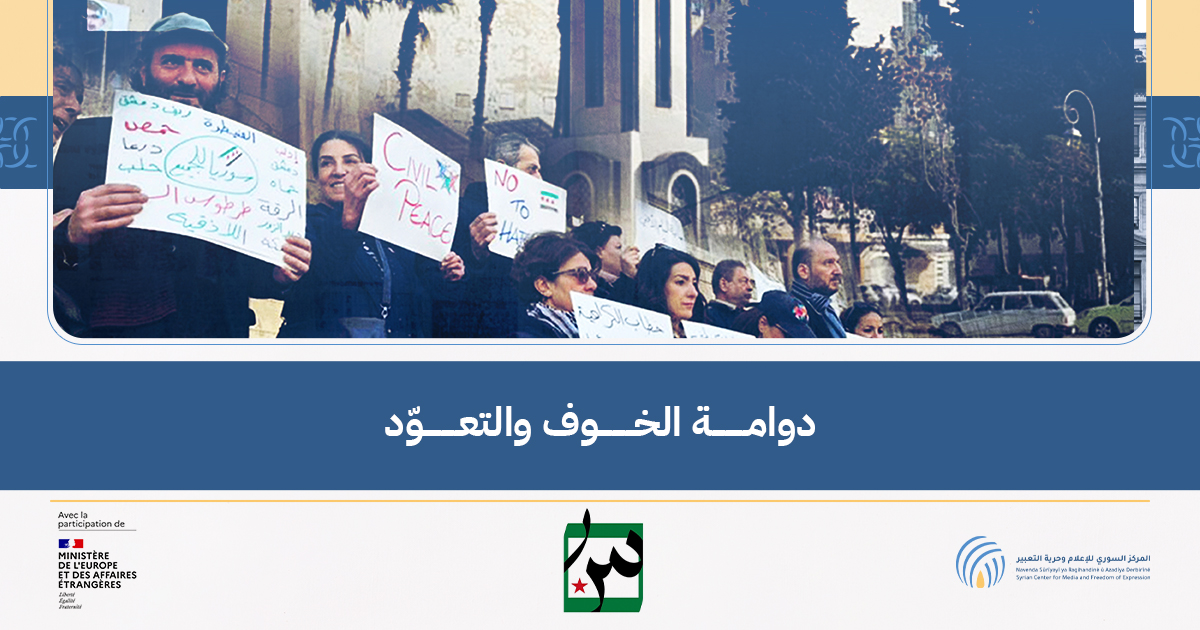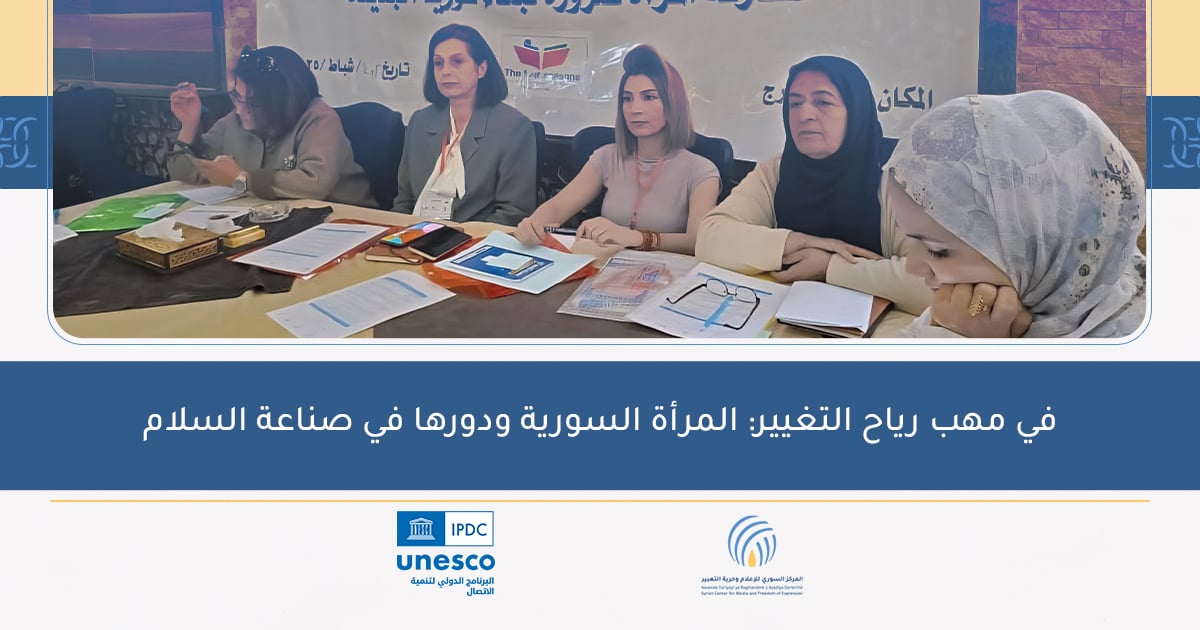 Syria is considered to be the most dangerous country in the world for journalists. This is not a fallacy or uncalculated sympathy. It is rather a reflection of the general atmosphere of the massacre the Syrian people have been suffering from for over six years so far; One of the most horrific and violence wars in history according to the UN.
Syria is considered to be the most dangerous country in the world for journalists. This is not a fallacy or uncalculated sympathy. It is rather a reflection of the general atmosphere of the massacre the Syrian people have been suffering from for over six years so far; One of the most horrific and violence wars in history according to the UN.
Journalist are truth seekers and are the conscience and eyes of the world. They are not participants or part of the conflict. Therefore, their killers and their rights violators should never be left with impunity. This is a universally agreed-upon matter and is envisaged by international norms and laws. It is also outlined in all of the modern organizations’ codes of conduct and is the logic of justice.
The United Nations texts and laws demand the protection of journalists during armed conflicts. Yet, these regulations have been a mere ink on paper. No power on the ground until this moment, neither within the framework of the United Nations nor outside, has been able to take practical measures to respond to a call from a wounded journalist seeking help on the battleground, to save a journalist from torturers making an art of torturing him in the underground cells, or even to answer calls from a journalist’s family, who was taken away by criminal hands without any news or information about his place.
In terms of figures, Syria has witnessed the killing of over 624 journalists and civilian media activists between March 2011 and October 2017, ten of whom where female journalists. These figures were cross-checked with The Syrian Network for Human Rights and The Syrian Journalists Association. In addition, people working within the media field continuously face non-fatal violence such as torture, arbitrary detention, forced disappearance, kidnap and intimidation under the armed conflict, without any legal accountability for any of the perpetrators, on top whom is the Syrian regime and its allies, in addition to radical Islamic movements such as DAISH, Alnusra Front and others.
According to the SCM’s documentation, 30 journalists and civilian media activists have been killed in Syria since the beginning of this year until October 2017, compared to 43 journalists killed last year. The decrease in the death toll does not mean an improvement of the situation of media activists working inside Syria and their work conditions. The hazards surrounding them from different parties are increasing, which necessitates strict accountability mechanisms for perpetrators.
International organizations (International Badge) have documented the killing of 84 journalists approximately around the world since the beginning of this year until October 2017, compared to 104 journalists killed last year.
In its resolution number 68/163, which marked 2 November as the Day to End Impunity for Crimes Against Journalists, the UN urged its members to take specific measures against the pervasive culture of impunity. Although Syria is a member of the United Nations, government forces tops the list of journalist killings in Syria without any regard to the UN requests. A simple comparison of international and Syrian figures shows that the rate of targeting and killing in Syria is 3 out of 8 journalists killed around the world.
Impunity poses an additional and real danger to the people working in media as it emboldens perpetrators and give them space to continue their violations without any deterrence.
On the occasion of the International Day to End Impunity for Crimes Against Journalists, The Syrian Center for Media and Freedom of Expression requests from the United Nations:
- The importance of reaching an international treaty on impunity incorporating effective deterrent mechanisms to protect journalists, and holding non-compliant actors accountable.
- The establishment of a special permanent tribunal for crimes committed against journalists.
SCM also demands that all actors in the Syrian conflict on top of which is the Syrian authorities:
- The unconditional and immediate release of opinion detainees and journalists.
- Disclosing the fate of the missing and the forcibly disappeared.
- Conducting public and transparent investigations on all committed crimes against civilians in Syria.
- Handing the bodies of media and opinion freedom victims over to their families.





